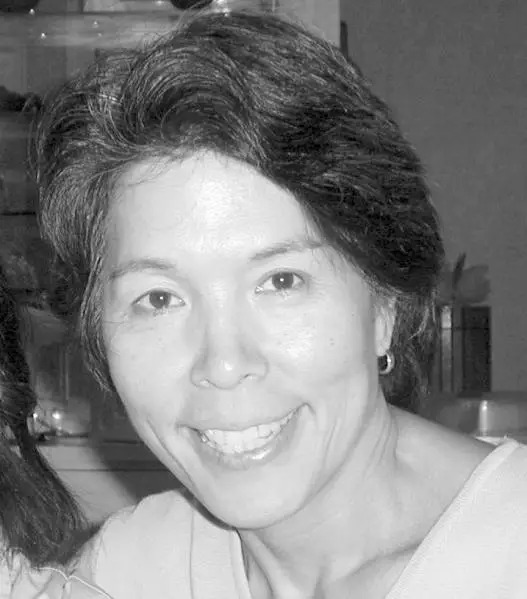This month, Lori Goodman’s article, When Reading Is Just Too Hard, offers parents an important reminder that kids are more than the sum of the concerns we have about them. It’s so easy for us to get caught up in managing their disabilities, problems or issues — and forget to look at the whole child.

The other day, I was riding the train into New York City, enjoying the peace and quiet, when a mother and her 5- or 6-year-old son entered the car. She sat right across from me, talking to a friend on the hands-free cell phone which was strapped to her arm. She waved her son to sit across the aisle and to play with his Game Boy. For a half-hour, this mom totally ignored her son while continuing her conversation with a friend about getting special services for him, how to get special services, who else had gotten special services, etc. When the child tried to get her attention, she’d wave him back to his Game Boy. Despite the fact that it was incredibly rude to be conducting this conversation in the otherwise quiet car where people were trying to read and work, I was interested in the dynamic between mother and son. When she finally got off the phone, the boy came over to talk to her. She immediately pointed out that he had said a word incorrectly, “No honey, ‘target’ has a ‘g’ in it. You have to say the ‘g’. ‘Ge, ge, ge.’ Now say ‘target’ with the ‘g’ 10 times.” And then she coerced him into saying ‘target’ 10 times. I felt so sorry for him; another woman sitting nearby rolled her eyes at me. Granted, this mom was trying to get special services for her son, but who knows how much more good it might have done had she sat by him on the train during the ride and had a warm and playful conversation about what they saw out the window? Instead, it was obvious that, in her eyes, he’d been reduced to the sum of his disabilities.
But this forgetting to look at the whole child can happen to all of us. When my older son was a junior in high school and getting ready to apply to college, I focused totally on his grades, his SAT scores, his tutoring, his college applications. College was the main topic of any conversation we had. He finally broke down under the pressure and accused me of being more interested in his college career than he was, and certainly more interested in getting him into a good college than anything else. I had to plead guilty.
Of course it’s important to make sure your child gets special services if he needs them, or keeps his grades up, finishes her summer reading, gets on the basketball team, has tutoring on the side, or gets into a good college. However, the precious years of childhood fly by, and if we forget to see our children as whole people, more than just the sum of our ambitions for them, we may not be doing them as much good as we think we are. In the long run, it’s just as necessary to share the excitement with your child when he sees an unusual house out the train window as it is to lobby for extra help, just as important to give a warm hug when your kid says something funny as it is to ask if he’s done his homework, and just as crucial to comfort your teen when her boyfriend breaks up with her as it is to find her an SAT tutor.
Kids need to know that we accept them with all their flaws, quirks and special qualities. And we need to let them know that we see them as whole people, because being seen completely is being loved.



















